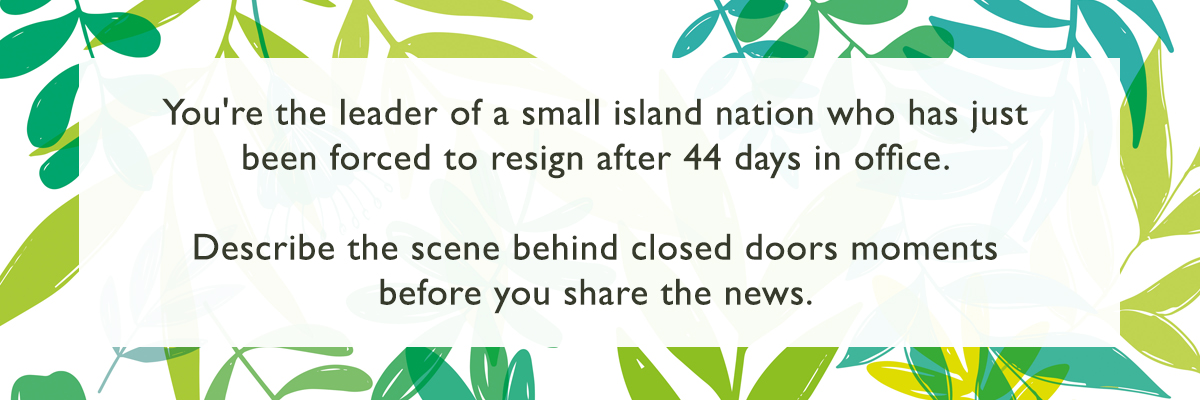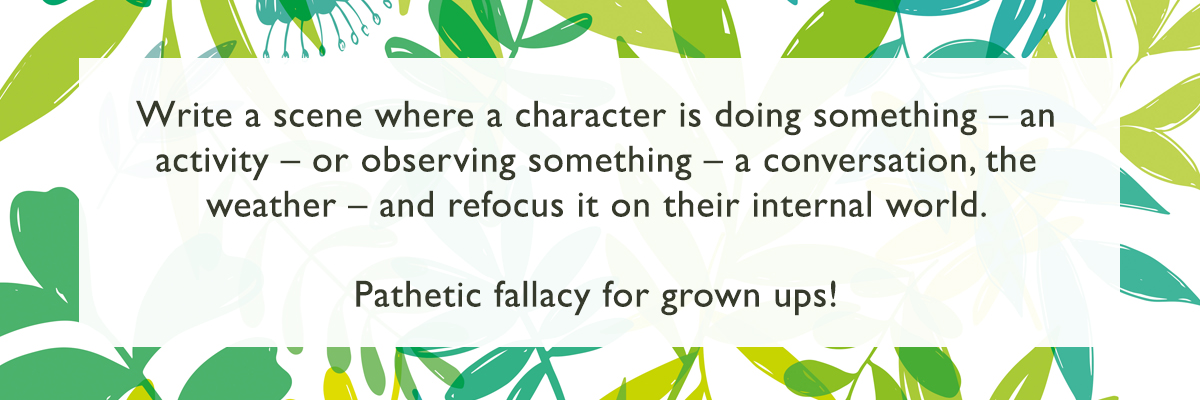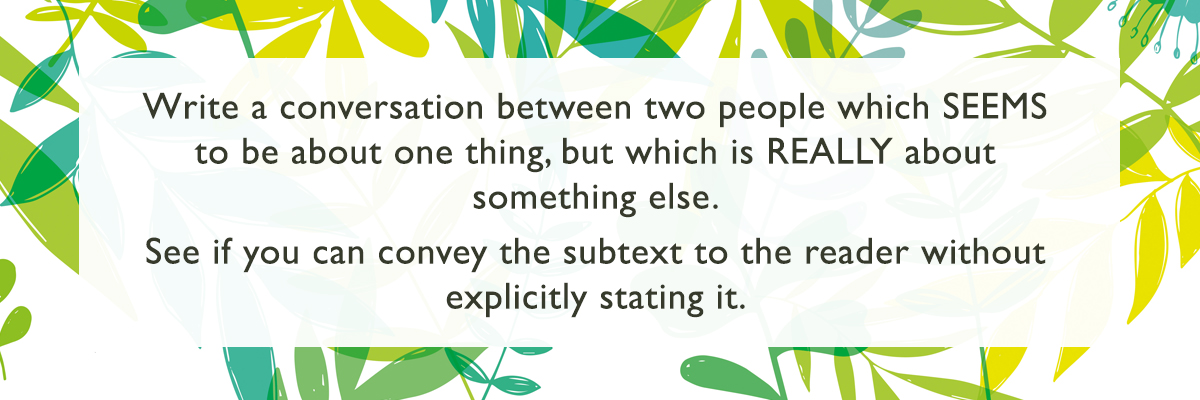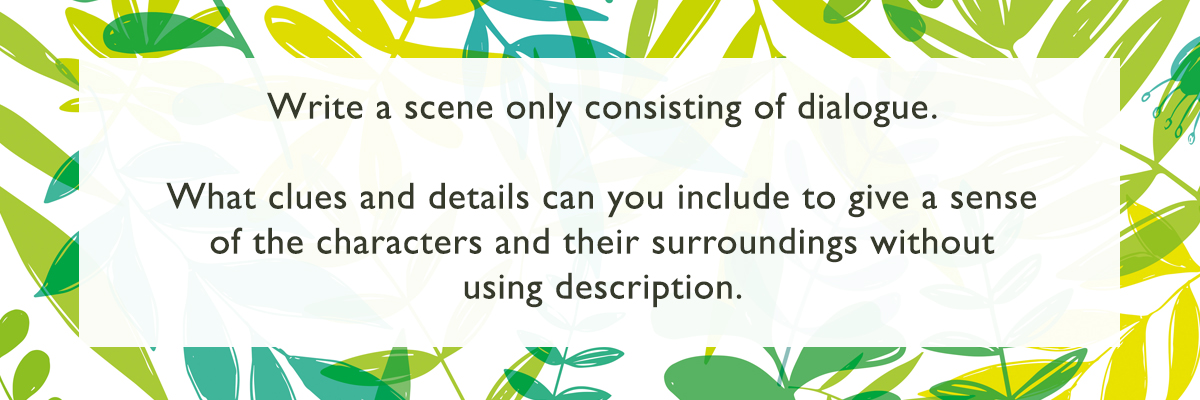Are you struggling to tap into your creativity? Never fear, we asked some of this year’s Discoveries judges to share some writing prompts to help get the ideas flowing. Go on – grab a cuppa, choose your prompt, and see where your imagination takes you.
The Discoveries judges for 2023 are Kate Mosse, international bestselling novelist and Founder Director of the Women’s Prize; esteemed writers Kiran Millwood Hargrave and Chibundu Onuzo; Lucy Morris, Curtis Brown literary agent; and Anna Davis, Founder and Managing Director of Curtis Brown Creative writing school.
For more information on Discoveries, including how to submit your entry, head to the Discoveries homepage.
Writing Prompts:
Chibundu Onuzo:

Try this: You’re the leader of a small island nation who has just been forced to resign after 44 days in office. Describe the scene behind closed doors moments before you share the news.
Chibundu’s prompt is a great reminder that there’s plenty of writing inspiration to be found in the drama of the news cycle.
Kiran Millwood Hargrave:

Try this: Write a scene where a character is doing something – an activity – or observing something – a conversation, the weather – and refocus it on their internal world. Pathetic fallacy for grown ups!
Kiran’s clever prompt is a lesson in pathetic fallacy, the attribution of human feelings and responses to inanimate things or animals.
Anna Davis:

Try this: Write a conversation between two people which SEEMS to be about one thing, but which is REALLY about something else. See if you can convey the subtext to the reader without explicitly stating it.
Getting subtext right in dialogue can be tricky, so it’s always a good idea to practice! If you’d like more help writing dialogue, check out our top tips.
Lucy Morris:

Try this: Write a scene consisting only of dialogue. What clues and details can you include to give a sense of the characters and their surroundings without using description.
It’s amazing how much information we get across in conversation without even knowing it – economy of language is key!








